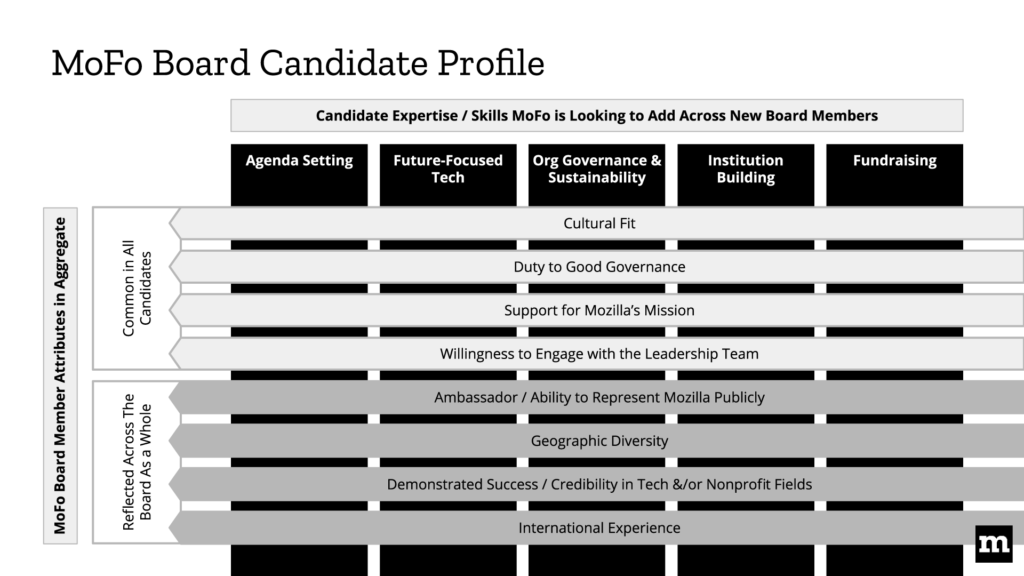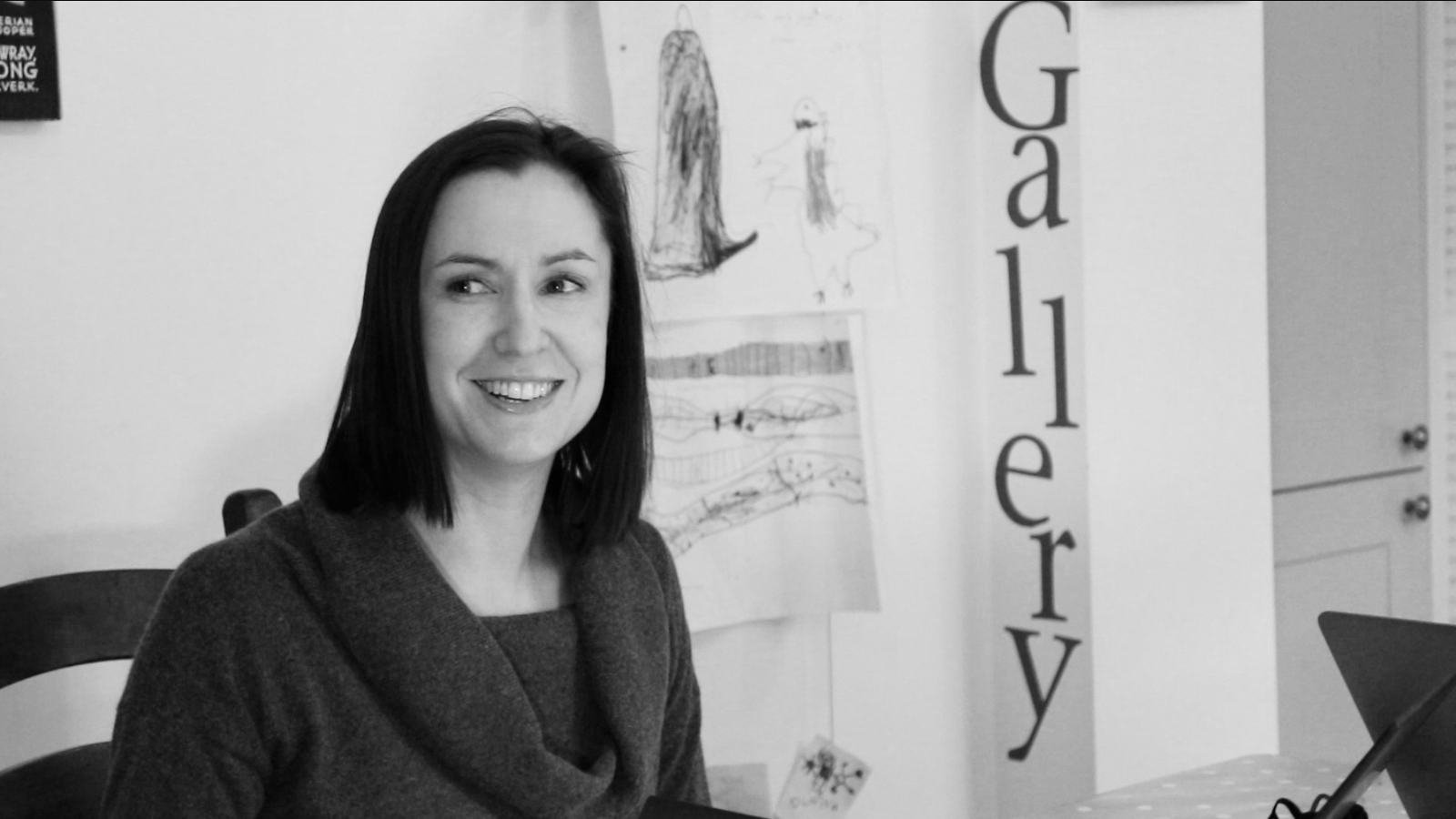March 31, or “three thirty-one,” is something of a talisman in the Mozilla community. It’s the date that, back in 1998, Mozilla first came into being — the date that we open-sourced the Netscape code for the world to use.
This year, “three thirty-one” is especially meaningful: It’s Mozilla’s 25 year anniversary.
A lot has changed since 1998. Mozilla is no longer just a bold idea. We’re a family of organizations — a nonprofit, a public benefit-corporation, and others — that builds products, fuels movements, and invests in responsible tech.
And we’re no longer a small group of engineers in Netscape’s Mountain View office. We’re technologists, researchers, and activists located around the globe — not to mention tens of thousands of volunteers.
But if a Mozillian from 1998 stepped into a Mozilla office (or joined a Mozilla video call) in 2023, I think they’d quickly feel something recognizable. A familiar spirit, and a familiar set of values.
When Mozilla open-sourced our browser code 25 years ago, the reason was the public interest: We wanted to spark more innovation, more competition, and more choice online. Technology in the public interest has been our manifesto ever since — whether releasing Firefox 1.0 in 2004, or launching Mozilla.ai earlier this year.
Right now, technology in the public interest seems more important than ever before. The internet today is deeply entwined with our personal lives, our professional lives, and society at large. The internet today is also flawed. Centralized control reduces choice and competition. A focus on “engagement” magnifies outrage, and bad actors are thriving.
Right now — and over the next 25 years — Mozilla can do something about this.
Mozilla’s mission and principles are evergreen, and we will continue to evolve to meet the needs and challenges of the modern internet. How people use the internet will change over time, but the need for innovative products that give individuals agency and choice on the internet is a constant. Firefox has evolved from a faithful and efficient render of web pages on PCs to a cross-platform agent that acts on behalf of the individual, protecting them from bad actors and surveillance capitalists as they navigate the web. Mozilla has introduced new products, such as Firefox Relay and Mozilla VPN, to keep people’s identity protected and activity private as they use the internet. Mozilla is contributing to healthy public discourse, with Pocket enabling discovery of amazing content and the mozilla.social Mastodon instance supporting decentralized, community-driven social media.
We’re constantly exploring ways to apply new technologies so that people feel the benefits in their everyday lives, as well as inspire others to responsibly innovate on behalf of humanity. As AI emerges as a core building block for the future of computing, we’ll turn our attention in that direction and ask: How can we make products and technologies like machine learning work in the public interest? We’ve already started this work via Mozilla.ai, a new Mozilla organization focusing on a trustworthy, independent, and open-source AI ecosystem. And via the Responsible AI Challenge, where we’re convening (and funding) bright people and ambitious projects building trustworthy AI.
And we will continue to champion public policy that keeps the internet healthy. There is proposed legislation around the world that seeks to maintain the internet in the public interest: the Platform Accountability and Transparency Act (PATA) in the U.S., the Digital Services Act (DSA) in the EU. Mozilla has helped shape these laws, and we will continue to follow along closely with their implementation and enforcement.
On this “three thirty-one,” I’m realistic about the challenges facing the internet. But I’m also optimistic about Mozilla’s potential to address them. And I’m looking forward to another 25 years of not just product, but also advocacy, philanthropy, and policy in service of a better internet.


